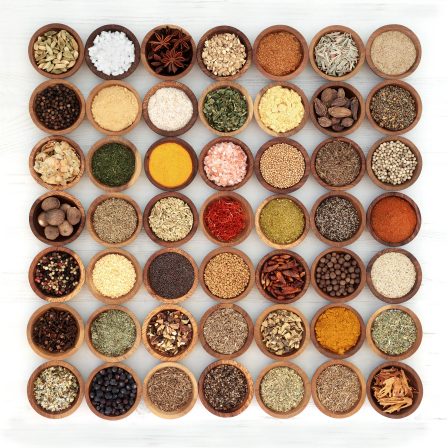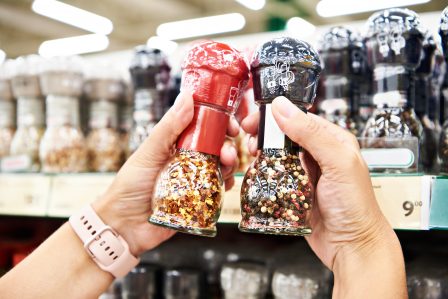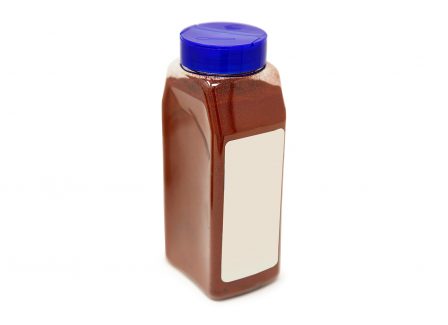
How to Eliminate
Foreign Contaminants
from Packaged Spices
Raw Material Control Is Not Enough to Ensure the Safety of Seasoning and Spices
In spice processing, there is an increased risk of non-metallic contaminants ending up in the production due to the fact that the majority of the raw material comes straight from the field. These foreign contaminants can be e.g. stones and other unwanted organic and non-organic objects.
In order to control the quality of raw material, spice and seasoning producers use different kinds of sorters. For example, magnets remove ferrous foreign materials such as iron, and sieve nets can catch objects that are larger than the product being processed. These methods, however, are not completely flawless and simply not enough to ensure the safety of the final spice products.
Where the abovementioned sorters can remove some of the contaminants, they do not set off any alarms or alerts to inform the producer that contamination is found. Detectors, such as metal detectors and X-ray inspection systems, on the other hand, are designed to alert the operators whenever a contaminant is detected and rejected from the production line.


Detect and Eliminate Foreign Bodies – Prevent Recalls
To actively prevent product recalls, spice and seasoning processors need to create their own Hazard Analysis & Critical Control Point (HACCP) plan, where they analyze the risks within the production process and define critical control points where these risks are controlled and mitigated.
Examples of the possible contamination risks within spice and seasoning production:
- Stones pebbles and gravel from the field
- Metal pieces from mills, cutting, and other processing equipment
- Glass splinters from the field or other items within the production facilities
- Various plastics from production equipment, and protective wear used by operating staff
Metal detectors can pick up ferrous and non-ferrous metal contaminants identified in the HACCP plan, but at the same time, the systems are very sensitive to metalized packaging materials that are often present in spice products to better preserve the taste and consistency. This and the fact that many of the contamination risks are non-metallic limit the use of metal detectors as Critical Control Points.
X-ray inspection systems are able to detect metallic as well as non-metallic contaminants, e.g. stone fragments that weren’t caught in sieve nets. This is why X-ray inspection can bring a tremendous added value and help to prevent costly product recalls by detecting multiple foreign objects that could possess a safety risk in spice and seasoning production. Also, X-ray gives the freedom and flexibility to choose or change the packaging type or material without having to update the system completely.
In fact, spice producers with tall packaging can utilize X-ray technology even better by using a “side-shooting” X-ray system. This type of X-ray system images the products from the side rather than from the top, which means that it can detect much smaller contaminants more easily which enables better detection rates for foreign contaminants and monitoring of certain quality aspects of the products, such as correct fill level and proper closure.
These two factors – better foreign object detection and overall food quality control – combined with pack-for-pack traceability make X-ray technology the ultimate choice to inspect your spice and seasoning products.
Read more about traceability
datasheet
Why Choose SIDEMEKI to Inspect Your Spice Jars and Bottles?
The new SIDEMEKI system provides the clearest X-ray imaging even for tall spice bottles and jars by having to focal spots to inspect the bottom and the top of the product. This means, that no foreign object or quality defect goes undetected!
Download the datasheet to learn all the technical specifications and see how the SIDEMEKI X-ray system fits your operational needs.
